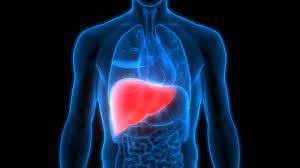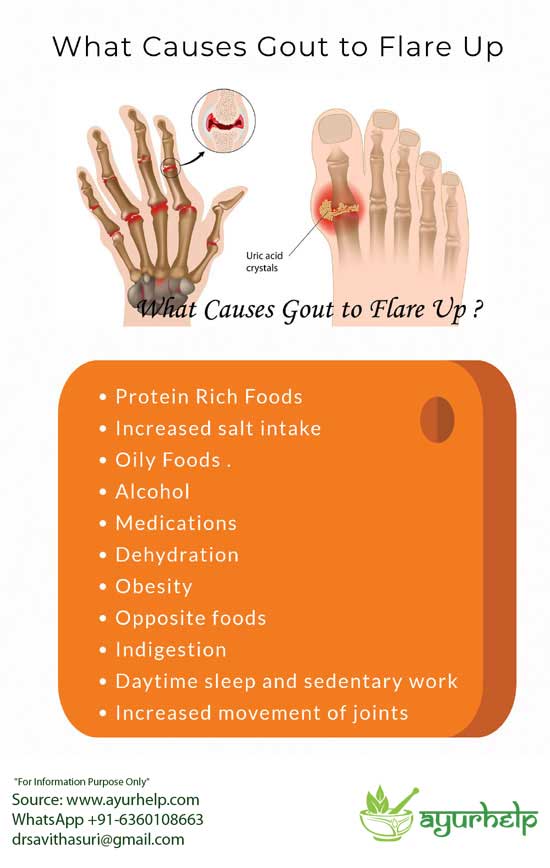According to ayurveda milk nourishes tissues of the body and strengthens them. Milk can be used with jaggery, sugar, sugar candy, raisins, honey, ghee, butter, long pepper, black pepper, ginger, amla, and rock salt or sendha namak
Related Article
15 Indian Foods for Erectile Dysfunction and Premature Ejaculation
Table of Content
Use of Cow’s Milk in Ayurvedic Treatment
Dos and Donts for Drinking milk – an ayurveda perspective
Milk and Milk Products in Ayurveda
Milk is the base ingredient for making butter (navaneeta or makkan) , Curd (dadhi or dahi) , Buttermilk (takra) and Ghee (ghrita).
Also you can know more about milk, milk products and ayurvedic milk recipes
- Dry Fruit Milk Mix for Adults and Elderly
- 5 Vajikarana Milk Recipes
- Ashwagandha Ksheerapaka – Moon Milk or Ashwagandha Milk Benefits
- Vajikarana Milk With Long Pepper -An Ayurvedic Vajikarana Food
- Garlic Milk Health Benefits and Recipe
- Ayurveda Health Benefits of Turmeric Milk
- Ayurveda Vrishya Ksheera : A Drink With Dates and Milk
- Ayurveda Health Benefits of Curd / Dahi /Yogurt
- Ayurveda Says Butter is Better- Importance of Butter in Ayurveda
- Health Benefits of Buttermilk According to Ayurveda
Texts of Ayurveda praise the nourishing properties of milk as follows

According to the principles of Ayurveda milk is generally has sweet taste (madhura rasa) and retains a sweet taste even after digestion. It improves the moistness of tissues (snigdha) and is heavy to digest (guru). It has a cooling effect on the body (sheeta veerya) and strengthens body tissues (7 dhatus or sapta dhatu) . It balances vata dosha and pitta dosha. But increases kapha dosha. Consumption of milk increases lactation. It refreshes the body and mind. Milk nourishes the body and is believed to be a complete food.
Milk contains nutrients like protein, fat, mineral matter, water, and lactose. It is rich in calcium and vitamins. It is the natural food of all young mammals. Milk is a reservoir of nutrients and forms an important ingredient in a balanced diet. As it is rich in calcium it makes our bones (asthi Dhatu) and teeth strong. It helps to nourish the body with high-quality proteins and vitamins. Drinking milk every day helps to keep our body fit.
Cow Milk in Ayurveda
Texts of ayurveda explain the medicinal properties of cow’s milk as follows.

According to ayurveda acharyas Cow milk has ten major medicinal properties.
- It is sweet to taste
- It acts as a body coolant and nullifies the effects of excess body heat.
- It has a good fat content and increases the softness of tissues.
- It is viscous or thick
- It is heavy to digest.
- It is soft
- It is smooth
- It increases the stickiness of tissues
- It flows slower than water.
- When consumed it calms the mind and gives clarity
Health Benefits and Uses of Cow’s Milk
The above-mentioned 10 properties of cow’s milk make it stand apart in nourishment. It improves Ojas and acts as Rasayana. It acts as a natural aphrodisiac.
Consumption of cow milk Rejuvenates the body and increases life expectancy. It improves intelligence, memory power, and body strength. Daily consumption of cow milk increases libido, boosts sperm count, and helps in sexual dysfunction. It acts as an ayurvedic remedy for erectile dysfunction and premature ejaculation. Hence it is recommended as vajikarana food for men who undergo Vajikarana Therapy.
It helps to boost memory power and strengthens the mind. It acts as an instant energizer and relieves thirst, tiredness, dizziness, and hunger. It relieves constipation and eases bowel movement. It is an elixir for recuperating persons as it helps to overcome severe debility. It is also useful in diseases related to the urinary system, bleeding disorders such as nasal bleeding, heavy menstrual bleeding, etc. For newborns, cow milk is the best substitute for mothers’ milk.
The symptoms of bronchitis and cough get reduced by continuous use of this milk. Persons suffering from gout are benefit from regular consumption of milk. Studies show that drinking low-fat cow milk helps to reduce blood uric acid levels. It accelerates wound healing.
Use of Cow’s Milk in Ayurvedic Treatment
When milk is used during Ayurveda treatment sessions it alleviates vitiated doshas and eliminates them from the body. It acts as an appetizer. Milk helps to reduce the period of recuperation. People suffering from anemia, acid peptic disorders, diarrhea, fever, etc are greatly benefited from the consumption of milk. Milk is of great aid to persons who experience constipation. A quick recovery can be experienced in conditions like genital organ infections (male and female), on the consumption of milk. It is used in diet regimens for diseases that are caused due to vitiation of Vata and pitta.
Milk is widely used in Ayurveda treatments. It is instilled as nasal drop and can be used as a bodypack or face pack. A milk bath helps to rejuvenate skin. It is used in panchakarma treatment process to induce vamana (emisis) and virechana (purgation). It is also used in basthi (enema).
Milk with herbs:
In ayurvedic treatment, herbs are boiled with milk to enhance their properties and also increase the nutritional value. Milk acts as a fat and water-soluble media for the active principles in the herb. Such herbal milk is useful as medicines and nourishing drinks.
Example :
Ashwagandha Ksheerapaka or ashwagandha milk. It is prepared by boiling ashwagandha roots with milk.
Turmeric milk or Golden milk is prepared by boiling turmeric (haldi) and milk in proper proportions.
Lashuna ksheera paka is garlic milk. This is prepared by boiling garlic cloves in milk.
Cow milk in Ayurvedic oils
Milk is added while processing various medicated oils. Milk provides nourishment and also acts as a carrier for the principal active ingredients of herbs. Such oils help to reduce burning sensations, reduce nerve irritation and pain and strengthen muscles and tendons.
Example: Ksheerabala Taila or Kshirabala oil.
Dos and Donts for Drinking milk – an ayurveda perspective
We all know that milk is a complete food. It is a treasure of nutrients. Texts of Ayurveda advise consuming milk daily. But few rules have been laid by ayurveda acharyas in respect of drinking milk.
Ayurveda acharyas eulogize the nutritional qualities of milk. The nutrient treasure of milk can be completely harnessed by using certain methods. Milk can prove harmful when used with some foods. Here is a list of ayurvedic dos and don’ts for drinking milk.
- Milk should be boiled well before consuming
- In the ayurveda text Yogaratnakara it is recommended to add water to milk in the ratio of 1:2. This milk has to be boiled to evaporate water and retain milk by proportion. Thus Milk boiled in the above method is very light to digest and healthy.
- When milk is consumed in the early morning, it strengthens the body, increases body weight, and boosts the power of digestion.
- If you drink milk in the afternoon, it boosts body energy, improves the sensory qualities of taste buds, helps in urine retention and it is very beneficial for those who have a tendency to get renal calculi.
- Dosha imbalances are normalized when you drink milk at night.
- Milk helps children in their overall development. It improves their strength and kindles their appetite.
- When men drink milk it improves their quality and quantity of semen.
- It helps to recuperate patients recover quickly by providing essential nutrients and energy.
- Drinking milk daily helps in boosting the overall health of a person.
- When milk is consumed with sugar candy or sugar, it increases the quality and quantity of semen. It enhances shukra dhatu and nourishes the body.
- When jaggery is added to milk, the combination helps in conditions like urine retention. But this blend increases Kapha and pitta.
- Never mix starch, salt, fermented beverages, and green gram (moong) with milk. These combinations act as opposite foods and imbalance doshas.
- Milk can be mixed with mango pulp, raisins, honey, ghee, butter, long pepper (pippali), black pepper, ginger, jaggery, and sugar.
- As an exception, milk can be consumed with amla (Emblica Officinalis) and Sendha Namak or rock salt.
- Milk should never be used with fish, meat, radish, and alcohol
Consult Dr.Savitha Suri for ayurvedic remedies. Email drsavithasuri@gmail.com . WhatsApp + 91 6360108663
Author : Dr. Savitha Suri Consultant Ayurvedic Physician
Call us at +91 9945995660 / +91 9448433911






